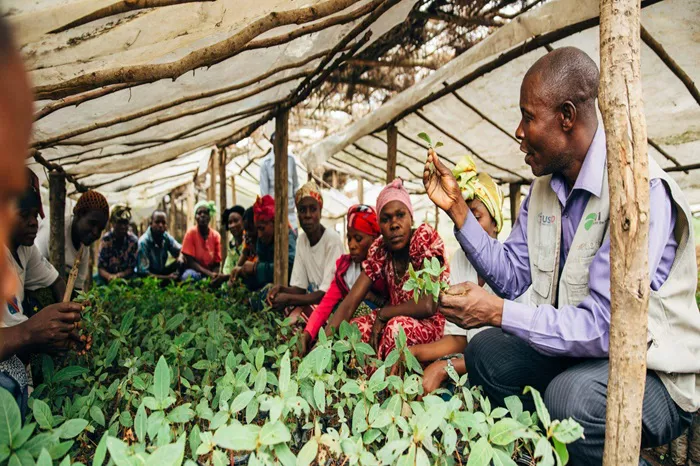Coffee prices have witnessed a dramatic rise, surpassing Shs 13,000 per kilogram for average quality beans, known locally as “kase.” This surge has significantly increased the wealth of many coffee farmers, with some experiencing sudden financial success. Notably, Robusta prices have recently aligned with those of Arabica, which typically grows at higher altitudes, reflecting a shift in market dynamics.
A recent trip through Masaka’s villages reveals a widespread practice of drying coffee on tarpaulins rather than directly on the ground. This method highlights an improved approach to quality and adherence to best practices. Farmers are also embracing enhanced coffee varieties and modern cultivation techniques, leading to a superior product that is in high demand globally.
In the last fiscal year, Uganda achieved a record export of 6.13 million bags (60 kg each) of coffee, generating a staggering $1.144 billion. This marks a 6.33% increase in volume and a 35.29% rise in revenue compared to the previous year. The price hike is attributed to improved coffee quality and growing demand in international markets.
Several factors contribute to this trend, including increased local consumption in major coffee-producing countries like Brazil, weather fluctuations in Vietnam, and new European regulations set to take effect in January 2024. These regulations will require coffee to be sourced from farms that have not contributed to deforestation, a criterion that aligns with Uganda’s practices since most of its coffee is grown on small farms that do not impact forested areas.
While farmers are enjoying the highest prices in decades, their vulnerability to market shifts remains a concern. To mitigate this, Uganda should not solely focus on boosting exports but also emphasize enhancing local coffee consumption. Ethiopia, the continent’s largest coffee producer, serves as a model with 60% of its coffee consumed domestically.
A potential strategy could involve encouraging government institutions to exclusively use Ugandan coffee for their meetings and daily operations. Many officials already enjoy coffee and tea during their workday; if this consumption shifted to Ugandan coffee, it could significantly boost domestic demand and further support local farmers, ensuring the sustainability of their newfound prosperity.


